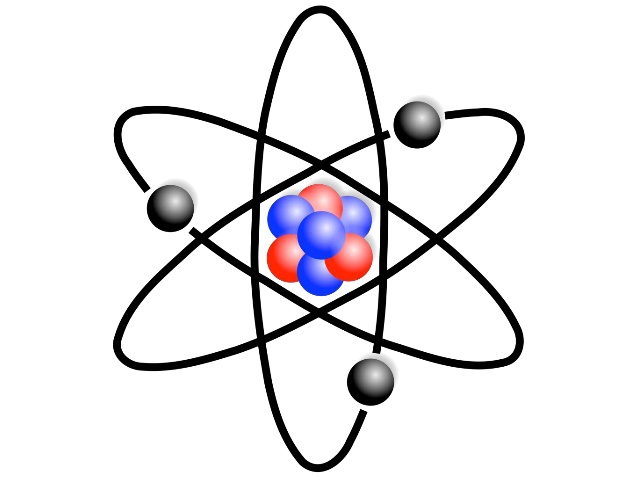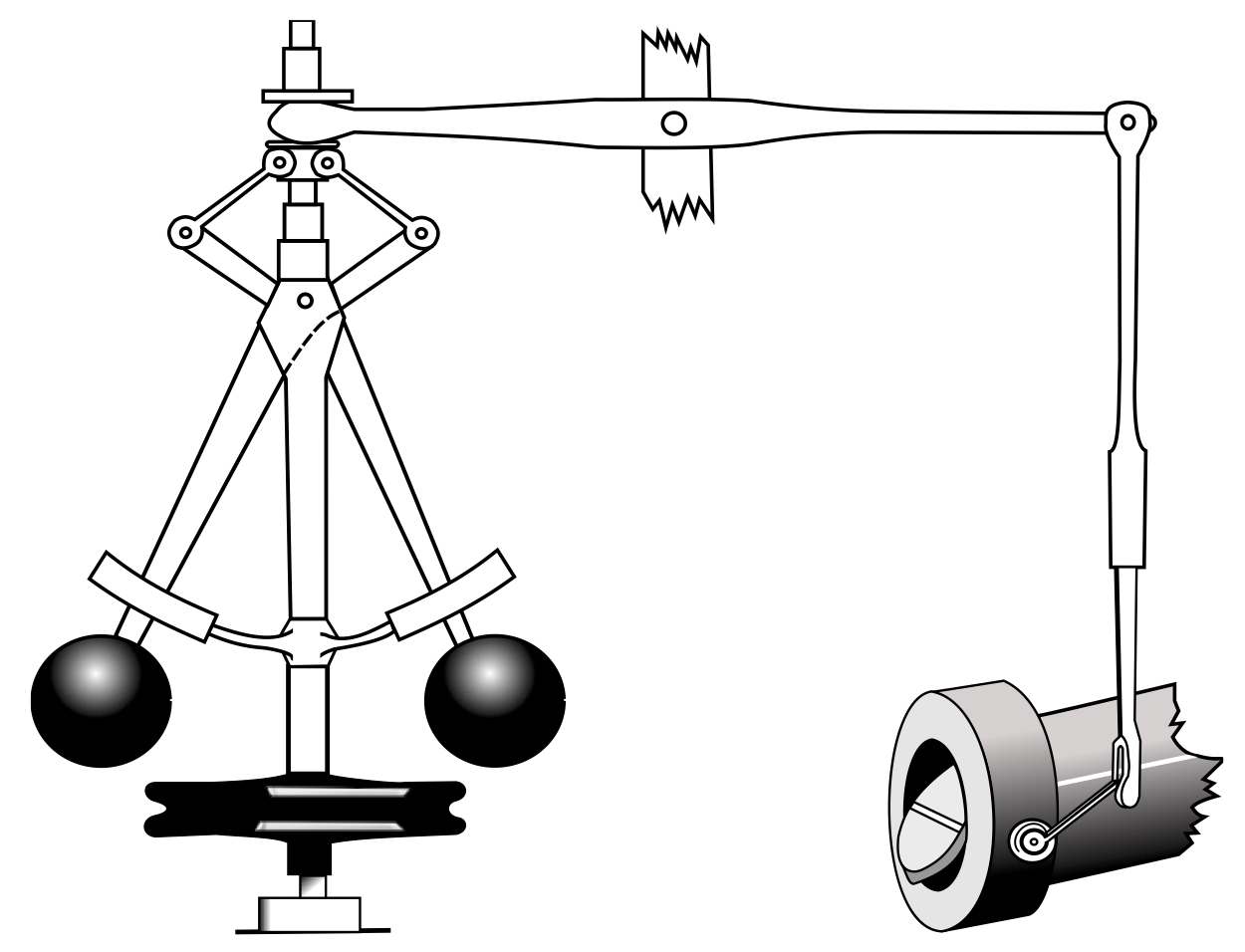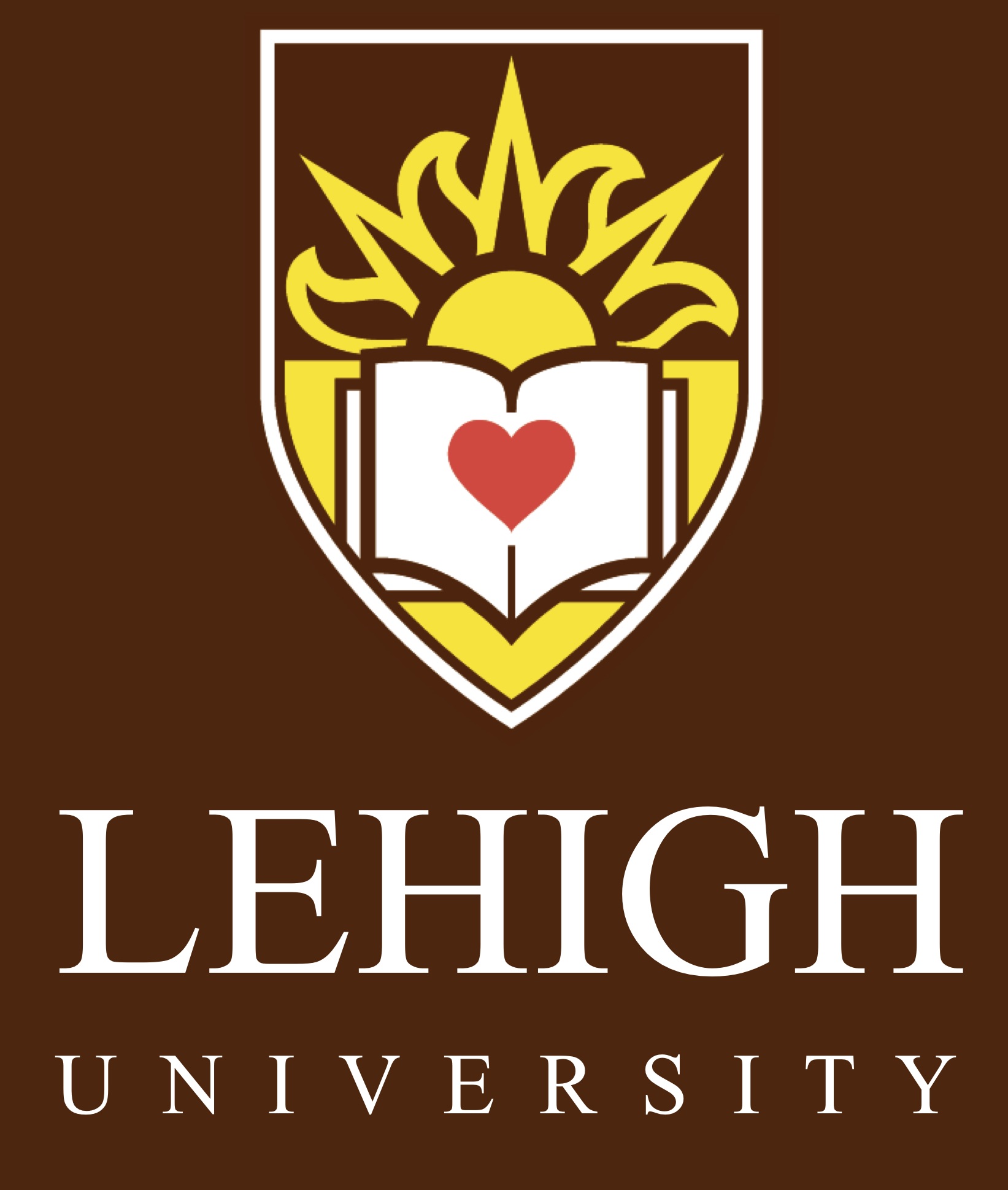Spring 2008, Spring 2014, Spring 2016
Multi-input and multi-output feedback control; performance limitations in control systems;
system model reduction;
singular value techniques for the analyze the robustness of control systems; incorporation of
frequency-domain-based robustness specifications into multivariable control system designs;
H-infinity methods to design robust controllers;
assessment of advantages and disadvantages of H-infinity control relative to other control approaches.
Spring 2007, Spring 2012, Spring 2015
Characteristics of nonlinear systems. Second order systems. Existence and uniqueness of solutions of ODE’s.
Dependence of solutions of ODE’s on initial conditions and parameters - Sensitivity equations.
Comparison principle. Stability: direct and converse Lyapunov theorems, Lasalle’s theorem.
Input-state stability, input-output stability. Passivity. Absolute stability: Circle criterion, Popov criterion.
Describing function method. Nonlinear controllability, Brockett’s condition. Control Lyapunov functions,
Sontag’s formula. Feedback linearization, input-state/output linearization, zero dynamics - Backstepping and
forwarding. Passivity-based control.
Spring 2010, Spring 2013
Introduction to partial differential equation (PDE) systems and their control. Lyapunov stability analysis for PDE systems. Backstepping control. Model Reduction. Boundary control of parabolic and hyperbolic PDE's. Interior control of parabolic and hyperbolic PDE's.
Spring 2011
Theoretical and practical knowledge on methods to develop mathematical models from experimental data. Multi-input and multi-output feedback control; robustness analysis of control systems; H-infinity feedback control; performance limitations in control systems; system model reduction.
Spring 2009
Theoretical and practical knowledge on methods to develop mathematical models from experimental data.
Adaptive control systems; use of system identification methods for the design of adaptive controllers;
assessment of advantages and disadvantages of adaptive control relative to other control approaches.
Fall 2006, Fall 2007, Fall 2008, Fall 2009, Fall 2010, Fall 2011
State-space methods for feedback control system design; pole positioning; observability;
controllability; modal control; observer design.
Optimal control for time-invariant and time-varying, deterministic, continuous-time and
discrete-time systems; introduction to calculus of variations; Pontryagin's Maximum principle;
linear quadratic optimal regulator. Kalman filtering.



